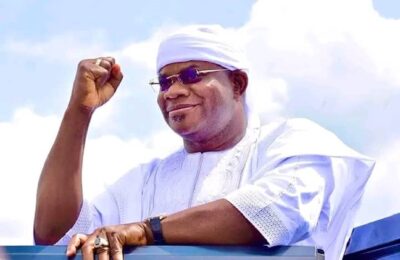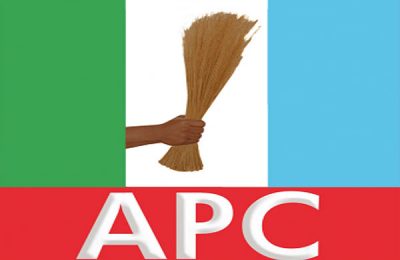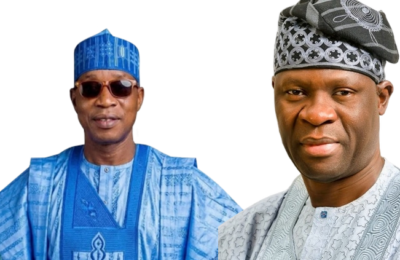In a country brimming with resilience, talent, and communal spirit, a troubling question often lingers beneath the surface: Why does it sometimes seem that some Nigerians celebrate the misfortune and hardship of others ? How are some Nigerians able to sleep so deeply and snore away while many are being slaughtered in our forests. ? Is this a widespread societal issue, or merely the amplified noise of a few voices drowning out quiet acts of kindness?
Nigeria, with its vibrant and diverse population of over 200 million people, is no stranger to complexity. A country tremendously blessed by God, yet too often engrossed in self inflicted pain, hardship and death.
From Lagos to Kano, Aba to Maiduguri, we witness countless examples of solidarity. When disasters strike, such as the recent floods in Mokwa, Niger State where many were reported drowned, Nigerians are quick to rally. Crowdfunding campaigns rise overnight, prayers are offered, visits are paid, and communities show up for one another.
Yet, another, more disturbing trend quietly grows beneath the surface. A culture where envy, blame, and judgment parade as indifference, where success is met not with applause but with suspicion and scorn. Where offering help to the needy and the less privileged feels like a burden and not a duty.
On social media platforms like X (formerly Twitter), Instagram, and Facebook, sarcasm and mockery often dominate when public figures are being pulled down or become victims of unverified gossip, careless statements and lies even about the President of the country and other top government officials. One wonders: How did we get to a point where mockery of leaders is the default response to issues? Where resentment and pain is consumed as entertainment?
Even in our neighborhoods and workplaces, resentment often replaces genuine happiness when someone rises above their peers. The infamous “pull him down syndrome” has woven itself into the fabric of our social interactions sometimes subtly, often blatantly.
This paradox a generous nation also plagued by bitterness is not unique to Nigeria, but feels especially acute here. Widespread poverty, economic hardship, political distrust, and fierce competition for limited opportunities and chances fuel this mindset. In a system where survival is a daily struggle, watching others succeed provokes envy rather than pride.
How does one explain the chilling reports of human body parts being sold like mere commodities in the country, or the persistence of spiritual killings in such a deeply religious country? What explains the rise in terrorism, banditry, and ritualistic crimes? These are not just security concerns, they point to a deeper spiritual and moral crisis.
Even more painful is the reality that government officials, already on salary, demand bribes or “facilitation fees” to perform their duties. This structural injustice fosters resentment, erodes trust, and reinforces societal cynicism.
It has been suggested that in such an environment marked by inequality and institutional failure people seek emotional balance by pulling others down. It’s a psychological defense mechanism in a society where hope feels scarce and fairness even scarcer.
But we must ask ourselves: Is this who we are or who we want to be? A nation where another’s pain is a punchline? Or a people who rise above personal frustration to celebrate each other’s wins and stand together through hardship?
The answer lies not only in Abuja or Lagos or Enugu, and not just at the ballot box. It lies in each of us, in our offices, our neighborhoods, our WhatsApp groups, and our online timelines. It lies in our daily decisions: to extend compassion instead of contempt, to celebrate others instead of envying them, to break the cycle of bitterness instead of feeding it.
Nigerians are not inherently unkind. But in today’s climate, kindness must become an intentional act especially when it’s difficult. Our future as a people depends not just on political change, but on our shared moral compass.
Let us be known not only for our hustle and survival, but for our Godliness, empathy, and humanity. Let us reject the evil that hides behind religion to justify harm. Let us build a Nigeria where we uplift, not undermine; where we heal, not hurt.
That is the Nigeria we all must consistently fight for.
– Musa Asiru Bakare writes from Lokoja, the Kogi state capital.




